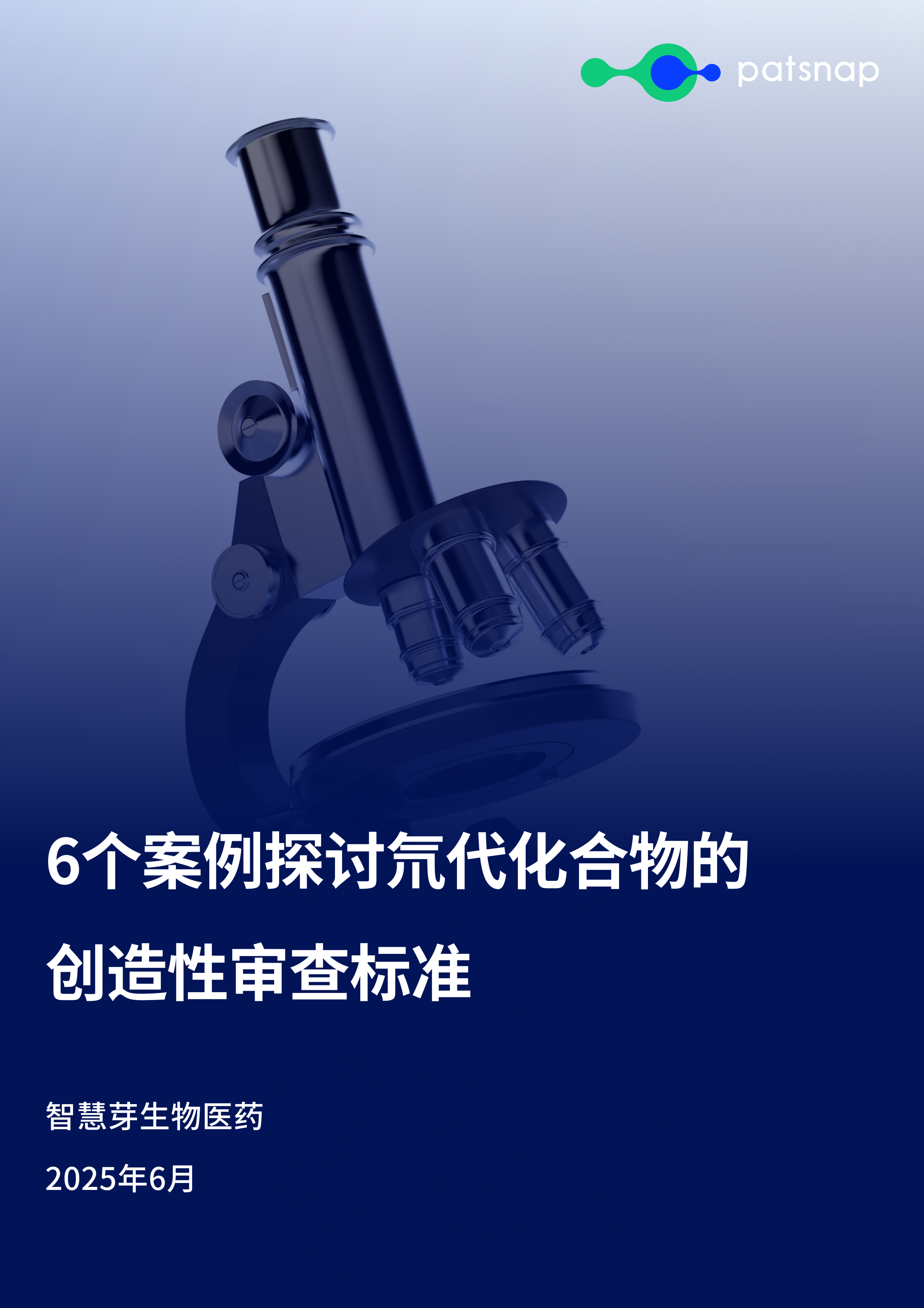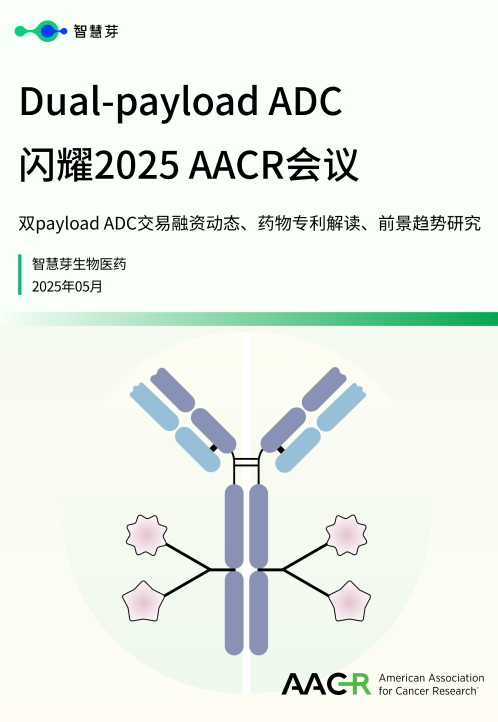预约演示
Food Allergy Awareness Week 2024: How can new treatments target an unmet need?
2024-05-16
临床1期上市批准免疫疗法临床结果并购
GlobalData epidemiologists forecast that the food allergy market is forecast to reach $2.7bn by 2030. Credit: Alphavector via Shutterstock.
Food Allergy Awareness Week, which runs from food allergy this year, is drawing attention to the innovations under development for treating food allergies.
Food Allergy year, a breakthrough in the food allergy space was when Novartis and Roche’s Xolair (omalizumab) won US Food and Drug Administrfood allergiesproval. Initially approved for asthma in 2003, its label was expanded, making it the first FDA-approved drug to reduce allergic reactions in people with IgE-mediated food allergies. This classification includes food-based allergens such as peanuts, milk, eggs, wheat, cashew nuts, hazelnut, or walnut.
Still, despite the observed efficacy withfood allergy drug can take aNovartisths tRochert Xolairg omalizumabhighliUS Food and Drug Administration (FDA)ncisco-based allergy company IgGenasthmaallergic reactionsIgE-mediated food allergies
IXolair is developing an IgG4 monoclonal antibody-based therapeutic called IGXN001 specifically for peanut allergies. The candidate is expected to protect against accidental exposure to peanut allergens within days of administration.
IgGenixo:Cutting losses in drug manufacturing: A new era in fill-finish technologypeanut allergies
CinDome Pharma secures $40m to advance gastroparesis treatment
The company, which spun out of Stanford University in 2019, closed a $40m Series B financing round in February 2024 to advance IGXN001 to the clinic. The funding round was led by Alexandria Venture Investments and Eli Lilly and Company.
CinDome Pharmathe company is initiating a Phase I clinical trial later this year following positive preclinical pharmacokinetic (PK) studies: “In our animal studies, the PK of the antibody is modelled to be about 30 days in humans. What we’re hoping that means in humans is that that the antibody will have a relatively long PK or a relatively long concentration time in the blood, longer than Xolair.”
The Phase I trial start, targeting late Q3 or Q4 2024, will measure safety as the primary endpoint in otherwise healthy individuals with peanut allergies. The trial design will involve a single-ascending dose across three cohorts and will also examine the blood concentration PK of IGXN001.
“We are thinking from some of oStanford University that we’ll be able to dose every other month, which would be a big advantage,” added Grossman.EliLilly and Company
There is certainly innovation in the peanut allergy space, highlighted by Intrommune Therapeutics’ desensitisation immunotherapy, which is delivered as toothpaste. The company announced positive results from the Phase I OMEGA clinical trial (NCT04603300) investigating INT301 in November 2023. Data highlighted that 100% of those treated with the toothpaste consistently tolerated the highest dXolair the allergen.
There are also approved medications to treat peanut allergies, including Palforzia (arachis hypogaea). Nestlé acquired Palforzia through peanut allergiesver of Aimmune Therapeutics in 2020. However, Nestlé shifted the drug to Swiss biopharma Stallergenes Greer in September 2023, following a “slower than expected adoption by patients and healthcare professionals”.
Palforzia needs to be taken daily and carries a warning for anaphylaxis on its label. Grossman commented on oral medications in the young patient population: “Generally, oral immunotherapy isn’t for them. There’s definitely an unmet need in the young adult population.”
DBV Technologies, which is developingpeanut allergyatch called Viaskin, haIntrommune Therapeuticsnges in getting it to the market in the past few years, following a clinical hold and the FDA requesting additional data in April 2023.
According to a report on GlobalData’s Pharma peanut allergiester, the fooPalforzia market was valued atNestlé9m in 2020Palforzia and is forecast to reach $2.7bnAimmune Therapeutics a compound annual Nestlé rate (CAGR) of 28.8%. In the eight major markets (UK, US, Germany, France, Italy, Spain, Australia, and Canada), GlobalData epidemiologists forecast that there will be more than seven million peanut allergy cases in 2027.
更多内容,请访问原始网站
文中所述内容并不反映新药情报库及其所属公司任何意见及观点,如有版权侵扰或错误之处,请及时联系我们,我们会在24小时内配合处理。
靶点
-Eureka LS:
全新生物医药AI Agent 覆盖科研全链路,让突破性发现快人一步
立即开始免费试用!
智慧芽新药情报库是智慧芽专为生命科学人士构建的基于AI的创新药情报平台,助您全方位提升您的研发与决策效率。
立即开始数据试用!
智慧芽新药库数据也通过智慧芽数据服务平台,以API或者数据包形式对外开放,助您更加充分利用智慧芽新药情报信息。





